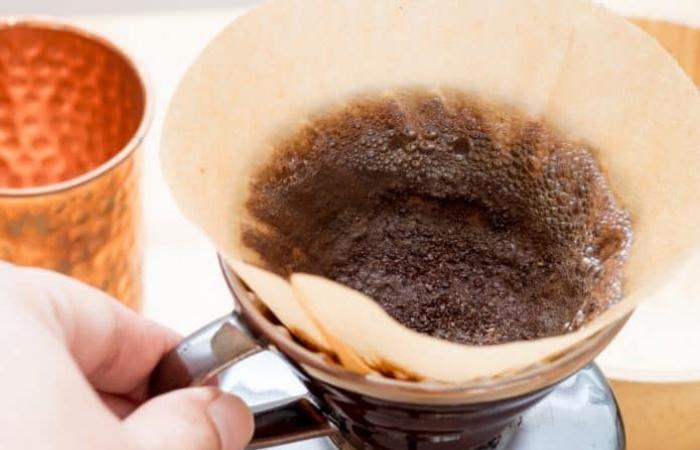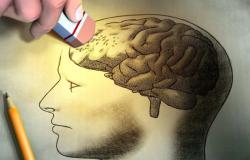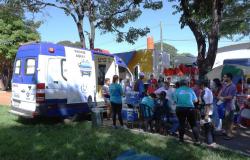Coffee is a national passion. I just don’t say it’s unanimous because I don’t like it. Yes, I’m a freak: 99.9% of the journalists I know are powered by this smelly and bitter fuel.
One thing people don’t think about is that our love of coffee (yours, actually) generates millions of tons of waste every month. Throw it down the sink or in the trash bag, almost no one reuses coffee grounds. But scientists want to change that.
read more
A team from the Federal Technological University of Paraná (UTFPR) demonstrated that wet dust or old coffee beans can absorb bentazone, the most common herbicide used in agriculture.
They discovered this new property of coffee grounds by adding zinc chloride to the mixture, activating the carbon in the compound. This carbon, in turn, had an efficiency of 70% in removing bentazone.
If technology advances, we would be faced with a novelty that would solve two environmental problems in one: the waste generated by coffee grounds waste and the damage caused by agricultural herbicides to wildlife.
How the experiment was done
- Scientists carried out tests with bentazone dissolved in liquid, before and after treatment with activated carbon using coffee grounds.
- The researchers looked at how this herbicide affected onion root tissues, called meristems.
- These tissues are points from which plants grow, so their development can be stopped by chemical action.
- With the coffee grounds, the onion root grew strong.
- Without it, the herbicide harmed the plant’s development.
- These are just preliminary results, but they are promising.
- Scientists believe that carbon from coffee grounds could also be effective in treating water polluted by bentazone.
- The next steps will involve refining the processes and expanding them.
- The research is in the Journal of Chemical Technology and Biotechnology.
Other uses for coffee grounds
As people are not going to stop drinking coffee, scientists continue to look for other ways to reuse the coffee grounds.
In addition to this use against herbicides, there are studies that use the material to increase the nutritional value of foods and even as an additive to combat some types of dementia.
There is also research that applied the material in civil construction, to increase the resistance of concrete.
Now, the most interesting and practical use I found was suggested, again, by Brazilians. They take coffee grounds and eggshells to make fertilizer!
This tip appears on the Minas Gerais government portal. These food scraps that would go to waste need to go through a composting process before becoming the natural additive.
This technique has been used for a long time at the headquarters of the Institute of Innovation for Sustainable Rural Development of Minas (Emater-MG), in Belo Horizonte.
On site, all coffee grounds, dry leaves and organic product remains are collected for composting. The miners use the fertilizer to fertilize the company’s gardens.
The information is from Science Alert.







